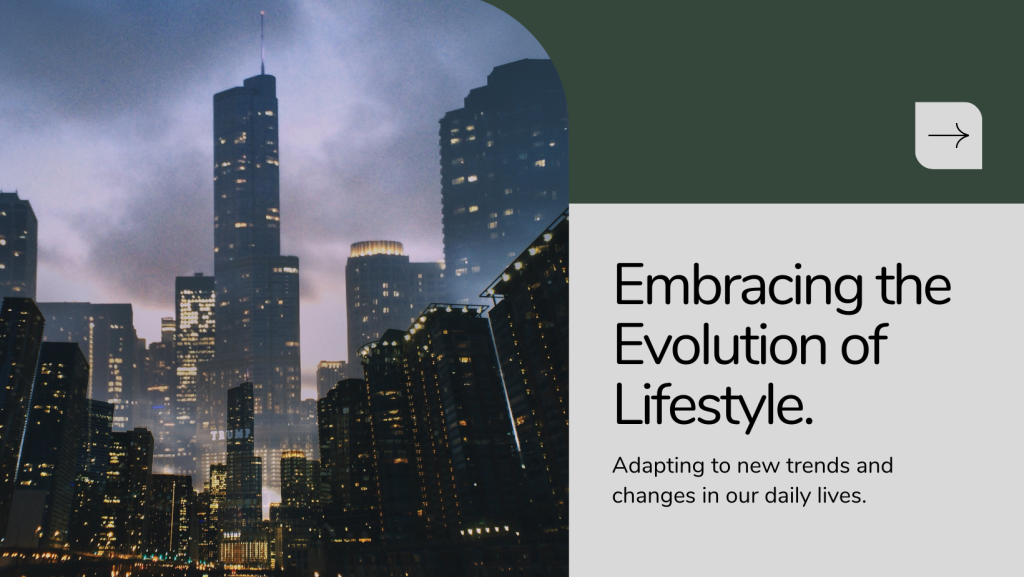In today’s fast-paced world, modern living is characterized by rapid technological advancements, changing societal norms, and evolving lifestyle trends that shape the way we live, work, and interact with the world around us. From urbanization and globalization to digitalization and sustainability, modern living encompasses a diverse range of experiences and influences that impact our daily lives and shape our lifestyles. Here’s a closer look at some of the key trends shaping modern living and lifestyle:
Firstly, urbanization is one of the defining features of modern living, with more people than ever before choosing to reside in cities and urban centers. The allure of urban living lies in its opportunities for employment, education, entertainment, and cultural enrichment, drawing individuals and families seeking a vibrant and dynamic lifestyle. With the rise of urbanization, cities are becoming increasingly diverse and cosmopolitan, offering a rich tapestry of cultures, cuisines, and experiences that appeal to people from all walks of life.
Secondly, digitalization has transformed the way we live, work, and communicate in the modern era. With the proliferation of smartphones, tablets, and other connected devices, we are more connected and accessible than ever before, allowing us to stay connected with friends and family, access information and entertainment, and conduct business from anywhere in the world. The digital revolution has also given rise to new industries and business models, such as e-commerce, social media, and the gig economy, reshaping the way we work and interact with the economy.
Thirdly, sustainability has emerged as a key concern for modern living, as people become increasingly aware of the environmental impact of their lifestyle choices and consumption habits. From eco-friendly products and green technologies to sustainable transportation and renewable energy sources, there is a growing emphasis on living more sustainably and reducing our carbon footprint. Individuals and communities are adopting practices such as recycling, composting, and reducing energy consumption to minimize their environmental impact and contribute to a more sustainable future for generations to come.
Moreover, wellness and self-care have become priorities for modern living, as people seek to prioritize their physical, mental, and emotional well-being in an increasingly hectic and stressful world. From mindfulness and meditation to yoga and holistic health practices, there is a growing recognition of the importance of self-care and personal wellness in maintaining a balanced and fulfilling lifestyle. People are investing in activities and experiences that nourish their mind, body, and soul, whether it’s spending time outdoors, practicing mindfulness, or prioritizing sleep and relaxation.
In conclusion, modern living is characterized by dynamic shifts in lifestyle trends and societal norms that shape the way we live, work, and interact with the world around us. From urbanization and digitalization to sustainability and wellness, modern living encompasses a diverse range of experiences and influences that reflect the complexities and opportunities of the modern era. By embracing change, adapting to new realities, and prioritizing values such as sustainability, connectivity, and well-being, we can navigate the shifts in lifestyle trends and create a more fulfilling and meaningful life in the modern world.


